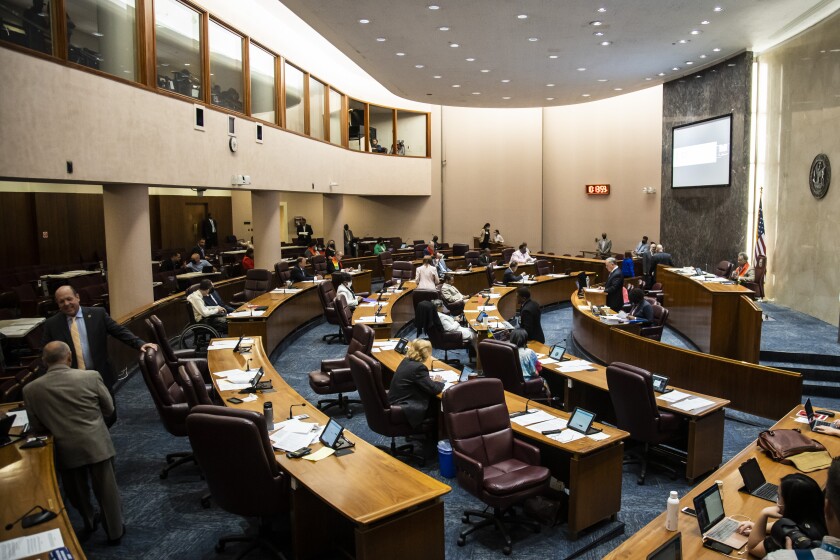Trump’s Defamation Suit Against NYT Faces Legal Setbacks

Donald Trump’s recent defamation lawsuit against the New York Times has encountered significant legal challenges. A federal judge dismissed the initial complaint, giving Trump’s legal team 28 days to submit a revised version that adheres to federal pleading standards. The lawsuit, which seeks an astonishing $15 billion in damages, has been criticized for its excessive self-promotion and lack of legal merit.
Legal experts note that when attorneys receive a new complaint, their first task is to assess its narrative and coherence. In Trump’s case, the complaint is filled with what some describe as “bombast” and “puffery,” raising concerns about its suitability for a court of law. The document claims that Trump won the 2024 election “in historic fashion,” despite evidence indicating it was one of the narrowest victories in U.S. history.
Legal Missteps and Judicial Critique
Judge Steven Merryday, appointed by a Republican, criticized Trump’s legal team for failing to meet basic pleading requirements. He specifically pointed out that the complaint was laden with “florid and enervating” language, lavishing unsubstantiated praise on Trump while failing to present a coherent legal argument. Such missteps can alienate juries, making it difficult for plaintiffs to gain their focus.
The judge emphasized that a legal complaint should not serve as a platform for personal grievances or public relations for Trump’s supporters. Merryday underscored the importance of maintaining professionalism in court, warning that the case would proceed under strict adherence to legal standards or not at all.
Trump’s lawsuit includes complaints about negative coverage of his reality television show, The Apprentice. The former president claims he single-handedly invented the phrase “You’re fired,” arguing that the show’s success was due to his influence rather than the show’s production team. Notably, former producer Bill Pruitt has publicly stated that the show’s narrative was crafted to enhance Trump’s brand, implying that the portrayal of Trump as a successful businessman was misleading.
Continued Legal Battles and Public Statements
In response to the dismissal, Trump claimed through ABC that he is “winning” his legal battles, asserting that he will continue to hold the media accountable. His legal team echoed this sentiment, indicating that they would comply with the judge’s requirements while pushing forward with the lawsuit.
The case remains a focal point for both Trump’s supporters and detractors, with many viewing it as another chapter in his contentious relationship with the media. The New York Times has not publicly responded to the lawsuit but continues to report on the developments surrounding it.
As Trump’s team prepares to revise the complaint, the legal landscape will likely continue to evolve. Observers remain curious about the implications of this case for Trump’s ongoing public persona and his future legal challenges. The outcome could set important precedents regarding defamation and media coverage in the digital age.






